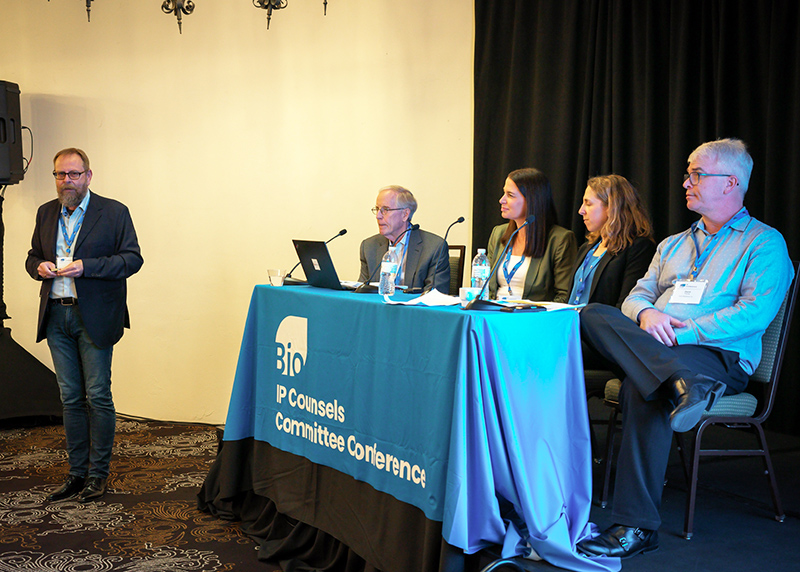The recently passed Inflation Reduction Act (IRA), which allocates $369 billion to ensuring energy security and halting climate change, is now being implemented by the Biden administration. However, according to the Biotechnology Innovation Organization (BIO), more has to be done by the government to encourage the creation and application of ground-breaking technologies that are essential for achieving greenhouse gas reduction objectives.
As we previously reported on Bio.News, the Inflation Reduction Act (IRA) includes historic investments in biotechnology, such as sustainable aviation fuels (SAFs) and instruments to address the footprint of agriculture.
(It’s still worth noting, however, that the drug price controls included in the legislation are predicted to kill drug innovation and hinder the creation of new drugs and cures.)
However, as stated by BIO in a letter sent Thursday to President Biden, more actions by government agencies are required to reinforce the legislation’s climate investments.
BIO calls for actions to introduce biobased technology and build more sustainable supply chains, including:
- Educating procurement officers on the benefits of the BioPreferred® program, which was created by the 2002 Farm Bill to increase the use and purchase of biobased products;
- Developing North American Industry Classification System codes for renewable chemicals and biobased products; and
- Streamlining the application and review process for companies applying to the USDA Biorefinery, Renewable Chemical, and Biobased Product Manufacturing Assistance Program.
Additionally, according to BIO’s letter, the United States needs a regulatory framework that enables farmers and ranchers to quickly adopt “tools like precision plant breeding, biostimulants, microbial inoculants, and enhanced animal feed with enzymes.” To get there, the US Department of Agriculture (USDA) should issue long-delayed guidance and final rules for technology like gene-edited crops.
We must not overlook the carbon markets, where the government may and must play a “catalytic role” by establishing rules for farmers and ranchers, continues BIO.
“There’s not a silver bullet to reducing greenhouse gas emissions or climate change. It’s going to be a continuous process, and our companies are constantly developing new products that need to find their way to the market, so we need to make sure that our regulatory system also fosters that,” BIO’s Erick Lutt told Bio.News.




